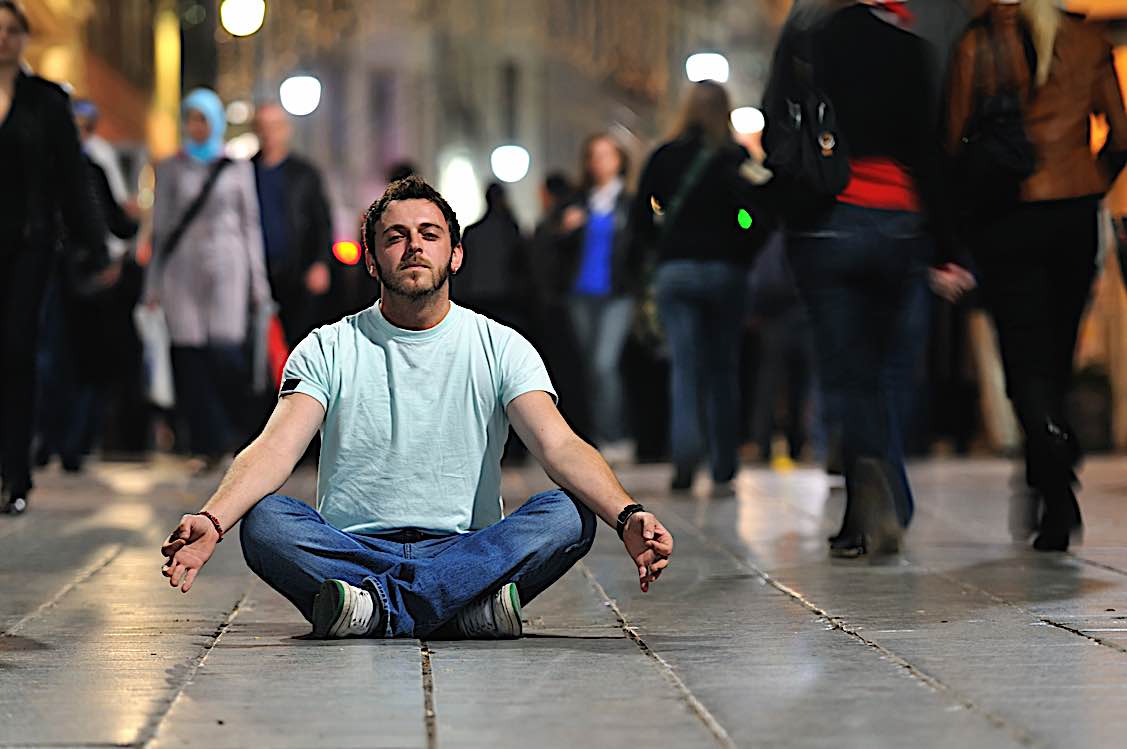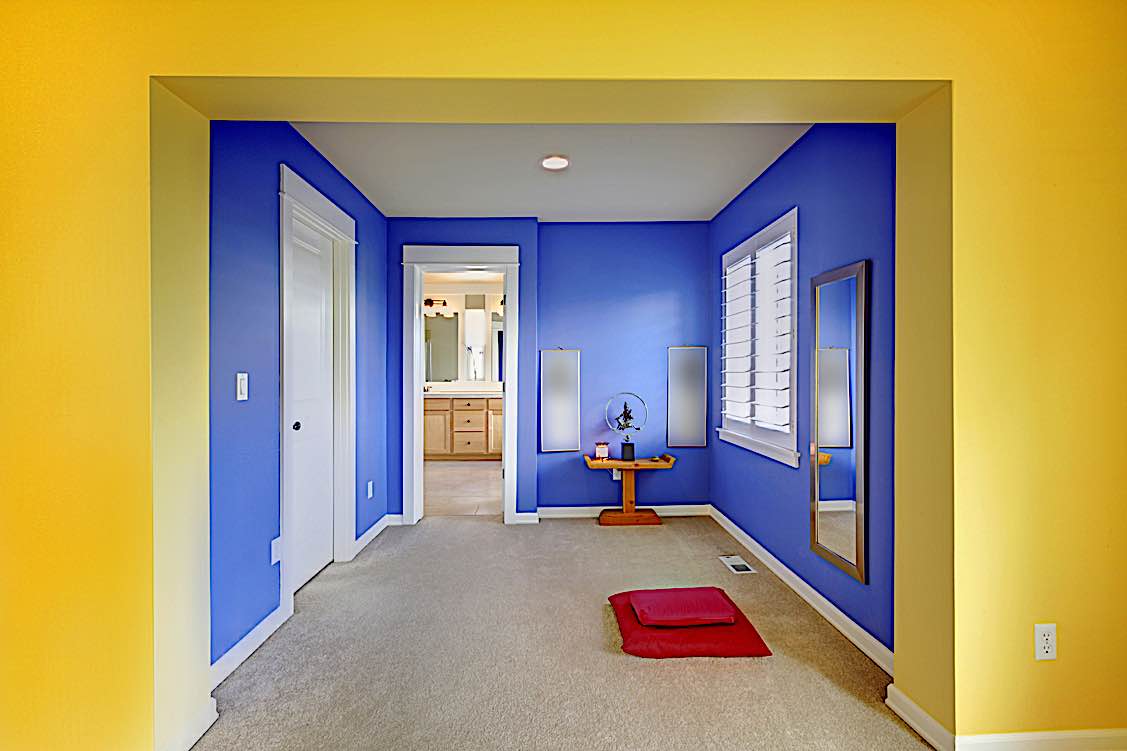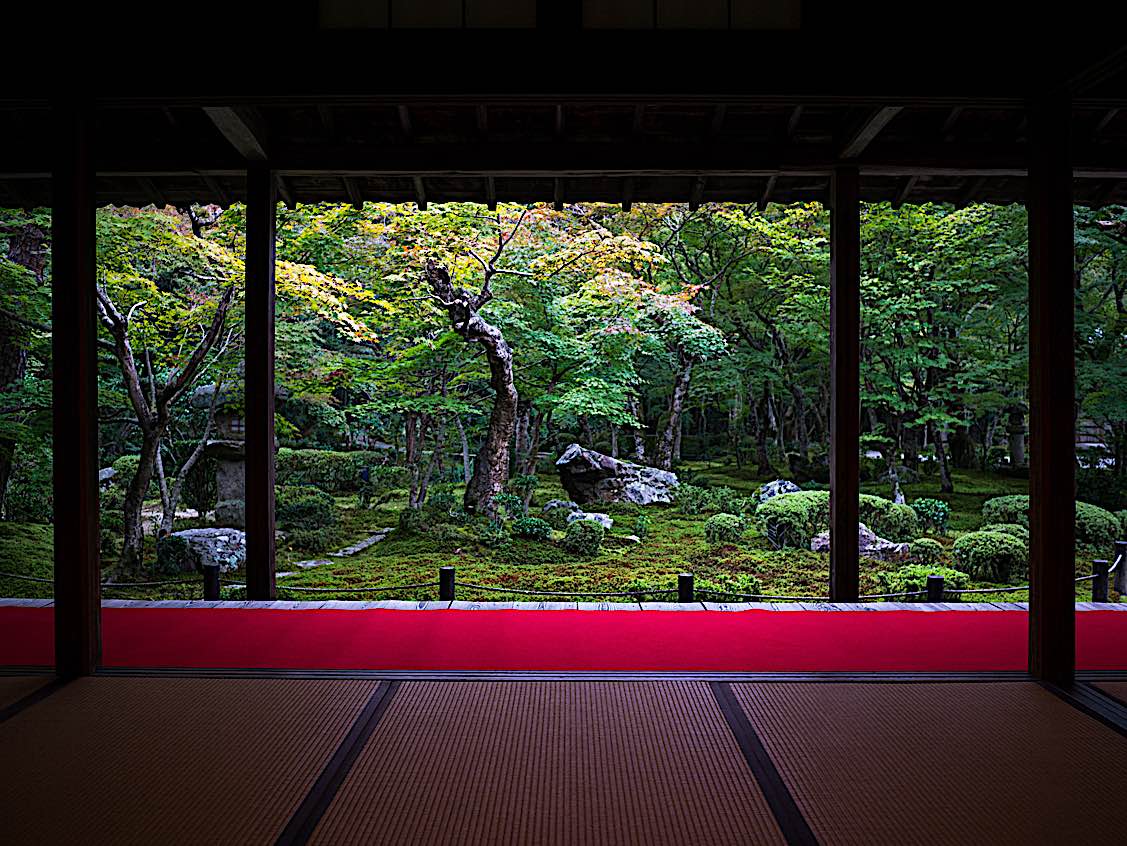Mind-space, it’s all we need. Meditation quiets the mind, even if you can’t find a quiet space. Buddha’s advice “I am silent.”
According to Sutra, after Buddha was Enlightened under the Bodhi tree, on a full moon day in May, he — kept silent. For an entire week, he didn’t speak a single word. According to the most colorful stories of this Earth-shaking event, the deities in the heavens became frustrated: only once in a millennia does the Enlightened mind flourish — but now, Buddha remained steadfastly quiet.
Buddha told them:
“Those who know, they know, even without my saying, and those who do not know, they will not know by my words. Any description of life to a blind man is of no use. One who has not tasted the ambrosia of existence, of life, no point in talking to them about it. So I am silent.”
Of course, ultimately, Buddha emerged from silence and taught the Dharma for decades to follow, to thousands of followers.

Still, the importance of silence and personal space remains fundamental to Buddhist practice today. Sacred space — whether churches, temples or meditation rooms — tend to frame sacred sound and meditation with silence.
By Sally Keys
The benefits of calm-abiding mind and meditation is well documented and supported by science and psychiatry. Never has the sacred art of meditation been as vital and empowering as it is now in the current stressful climate. People are working more hours than ever before, stress is quite literally killing individuals and time seems to be a scarce resource we struggle to hold onto. As such, we need to make our meditation practice as easy to undertake as possible by building a meditation or yoga space in our homes.
Personalize Your Space
Once you have decided where, you need to think about how to make the space as relaxing as you can for you. The important part here is to personalise it, make sure it is a space that can give you the optimum experience you require. This might be having a set of candles that assist your meditation, or it could be a selection of cushions and pillows that you associate with calmness and serenity. If you are heading outside, you may want to invest in a rockery or beautiful tiered water fountain, to help create the atmosphere you require.
Godon Hempton, in his book One Square Inch of Silence, put it this way:
“Good things come from a quiet place. Study, prayer, music, transformation, worship, communion. The words peace and quiet are all but synonymous, often spoken in the same breath. A quiet place is the think tank of the soul – the spawning ground of truth and beauty.
“A quiet place outdoors has no physical borders or limits to perception. One can commonly hear for miles and listen even farther. A quiet place affords sanctuary for the soul, where the difference between right and wrong becomes more readily apparent. It is a place to feel the love that connects all things, large and small, human and not; a place where the presence of a tree can be heard. A quiet place is a place to open up all your senses and come alive.”

Setting
Another major factor is setting. Do you have a space in your home which lends itself to darkness and solitude? Is there adequate space to take up some meditative contemplation or indeed to practice Yoga? Depending on your climate, you might want to think about creating your space outside. There is nothing more calming for the soul than the breeze on your face and being amongst the beauty of nature if you can.
Think also about the energy of the space you might wish to use. If it is somewhere where your toddler plays or is next door to a noisy bedroom, perhaps think again. Pick somewhere that is quiet and calm. The energy needs to fit the activity, so you are going to want to return and meditate regularly and you will not be put off by any other distraction.

Benefits of your home space
It is fitting that our home is a place where we relax and are able to escape the fast-paced buzz of the outside world. As such, it makes sense to bring our relaxation practices indoors. At home you have the freedom to create the space you want to; candles, meditation pillows, and incense can be used as you wish without any fear of angering others. As if the benefits of meditation were not enough, science is beginning to prove the long-held belief that a zen lifestyle has increased health benefits. Meditation can help with high blood pressure, IBS, smoking, depression, and insomnia. Research shows that using incense in the home can have a significant impact on emotional well-being too.
Unlike a gym, where some may find it easier to outsource your work, try bringing a little slice of enlightenment to your home, and hopefully the benefits will follow. Using these guidelines can help to create an ideal place to enjoy and relax, so maximize your meditation and start reaping the benefits now.
More articles by this author

Meditation for children: Peer-reviewed studies support structured meditation in classrooms and homes to help children deal with depression, negative coping and self-hostility

Mind-space, it’s all we need. Meditation quiets the mind, even if you can’t find a quiet space. Buddha’s advice “I am silent.”
Search
Latest Features
Please support the "Spread the Dharma" mission as one of our heroic Dharma Supporting Members, or with a one-time donation.
Please Help Support the “Spread the Dharma” Mission!

Be a part of the noble mission as a supporting member or a patron, or a volunteer contributor of content.
The power of Dharma to help sentient beings, in part, lies in ensuring access to Buddha’s precious Dharma — the mission of Buddha Weekly. We can’t do it without you!
A non-profit association since 2007, Buddha Weekly published many feature articles, videos, and, podcasts. Please consider supporting the mission to preserve and “Spread the Dharma." Your support as either a patron or a supporting member helps defray the high costs of producing quality Dharma content. Thank you! Learn more here, or become one of our super karma heroes on Patreon.
Sally Keys
Author | Buddha Weekly
















